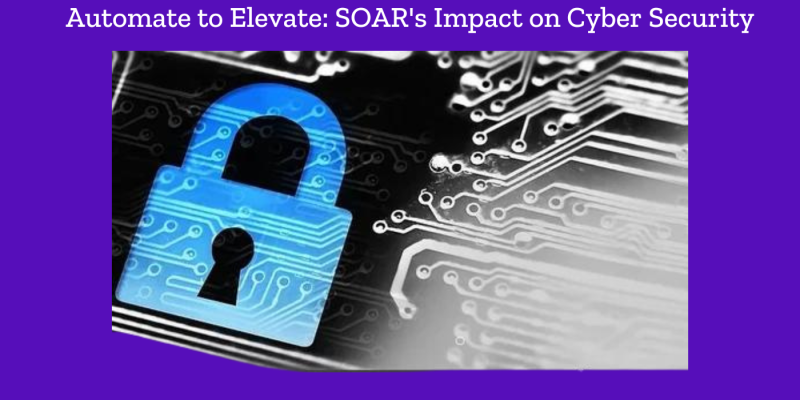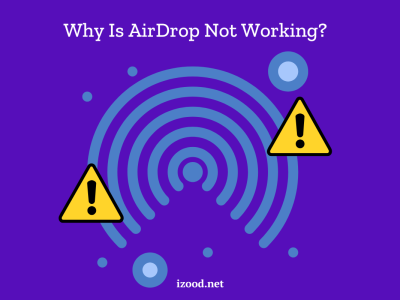
In the fast-paced world of cybersecurity, staying ahead of threats is more important than ever. Security Orchestration, Automation, and Response (SOAR) is a powerful tool that helps organizations streamline their security operations. By automating routine tasks and orchestrating responses to incidents, SOAR platforms enable cybersecurity teams to work more efficiently and effectively. This article explores the basics of SOAR, its impact on cyber security, and how organizations can benefit from its implementation.
What is SOAR?
SOAR stands for Security Orchestration, Automation, and Response. It integrates security technologies and processes into a unified platform. The primary goal of SOAR is to improve the efficiency and effectiveness of security operations by automating tasks that are repetitive and time-consuming. Explore the transformative impact of SOAR cyber security on streamlining threat detection and response processes across various industries.
The Components of SOAR
SOAR platforms typically consist of the following key components:
- Orchestration: This involves integrating disparate security tools and technologies to work together cohesively. SOAR platforms use APIs (Application Programming Interfaces) to connect different systems, enabling automated workflows.
- Automation: Automating routine security tasks such as threat detection, triage, and response helps reduce human error and response times. This allows security teams to focus on more strategic activities.
- Response: SOAR platforms facilitate a structured and coordinated response to security incidents. They provide playbooks or predefined workflows that guide security analysts through incident response procedures.
How SOAR Works
SOAR platforms work by collecting data from various security tools and sources, such as firewalls, intrusion detection systems, and endpoint protection solutions. They then analyze this data to detect potential security incidents. When an incident is identified, the SOAR platform triggers automated responses based on predefined playbooks.
For example, if a suspicious file is detected on a corporate network, the SOAR platform can automatically isolate the affected system, gather additional forensic data, and notify the appropriate security team members for further investigation.
Benefits of SOAR
Implementing a SOAR solution offers several benefits to organizations:
- Improved Efficiency: By automating repetitive tasks, SOAR frees up valuable time for security analysts to focus on more complex threats and strategic initiatives.
- Faster Incident Response: Automated incident response reduces the time it takes to detect, triage, and mitigate security incidents, minimizing the impact of potential breaches.
- Enhanced Collaboration: SOAR platforms facilitate collaboration among different teams within an organization, such as security operations, incident response, and IT teams, by providing a centralized platform for communication and coordination.
- Scalability: As organizations grow and face an increasing volume of security threats, SOAR platforms can scale to handle larger datasets and more complex workflows without requiring significant additional resources.
- Compliance and Reporting: SOAR solutions help organizations meet regulatory compliance requirements by providing detailed audit trails and automated reporting capabilities.
Real-World Applications of SOAR
Many industries and organizations across the globe are leveraging SOAR to strengthen their cyber defenses:
- Financial Services: Banks and financial institutions use SOAR to detect and respond to fraud attempts, protect customer data, and ensure compliance with financial regulations.
- Healthcare: Hospitals and healthcare providers use SOAR to safeguard patient information, mitigate ransomware attacks, and ensure continuous operations of critical systems.
- Retail: Retailers use SOAR to protect customer payment data, detect and respond to e-commerce fraud, and secure their online and physical stores from cyber threats.
- Government Agencies: Government organizations use SOAR to defend against cyber espionage, secure sensitive government data, and respond swiftly to cyber incidents affecting national security.
Challenges and Considerations
While SOAR offers significant advantages, its implementation also presents challenges:
- Complexity: Integrating diverse security tools and creating effective playbooks requires expertise and careful planning.
- Skill Gap: Organizations may face a shortage of cybersecurity professionals with the necessary skills to manage and optimize SOAR platforms.
- Integration Issues: Ensuring compatibility and seamless integration with existing IT infrastructure and security systems can be challenging.
- False Positives: Automated detection and response processes may sometimes generate false positives, requiring human intervention for validation.
Future Trends in SOAR
Looking ahead, several trends are shaping the future of SOAR:
- AI and Machine Learning: Integration of AI and machine learning technologies will enhance SOAR platforms’ ability to detect and respond to sophisticated threats in real-time.
- Cloud Adoption: As more organizations move their IT infrastructure to the cloud, SOAR platforms will need to support hybrid and multi-cloud environments.
- Extended Automation: SOAR platforms will continue to automate a broader range of security tasks beyond incident response, including compliance monitoring and threat hunting.
- User Experience: Improvements in user interfaces and workflow customization will make SOAR platforms more accessible to security analysts with varying levels of expertise.
Conclusion
In conclusion, SOAR represents a significant evolution in cybersecurity, offering organizations a powerful tool to automate and elevate their security operations. By integrating orchestration, automation, and response capabilities into a unified platform, SOAR helps organizations improve efficiency, enhance incident response times, and strengthen overall cyber defenses. While challenges such as complexity and integration issues exist, the benefits of implementing SOAR far outweigh the drawbacks for many organizations looking to stay ahead in today’s threat landscape.
As the cybersecurity landscape continues to evolve, SOAR will play a crucial role in enabling organizations to adapt and respond effectively to emerging threats. By investing in SOAR technologies and embracing automation, organizations can position themselves not only to defend against current cyber threats but also to anticipate and mitigate future risks proactively.

![How to Pause Location on Find My iPhone Without Them Knowing? [2024] 16 how to pause location on find my iphone](https://izood.net/wp-content/uploads/2024/10/How-to-Pause-Location-on-Find-My-iPhone-Without-Them-Knowing-400x300.png)


![How To Inspect Element on iPhone [4 Methods] 19 how to inspect element on iphone](https://izood.net/wp-content/uploads/2024/10/how-to-inspect-element-on-iphone-3-400x300.png)


